Do Solar Lights Need Direct Sunlight? Set Them Up Properly
-
Pete Ortiz
- Last updated:
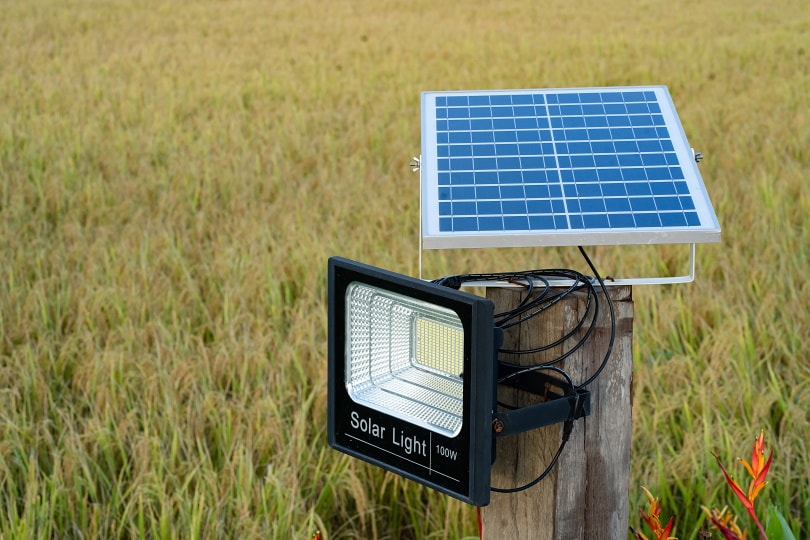
Have you ever wondered exactly how much sunlight solar lights need to work? If so, you are likely curious about whether direct sunlight is needed.
Simply put, solar lights do not need direct sunlight. Instead, overcast sunlight or artificial light can get the job done, but direct sunlight is often best to increase the efficiency of solar lights. So, the solar lights will work best with direct sunlight, though it isn’t always needed.
To learn more about solar lights and their lighting requirements, keep reading.
How Do Solar Lights Work?
To fully understand why solar lights do not need direct sunlight, you first have to understand how solar lights work. Solar lights use three main components that all work together: the solar panel, the battery, and the light sensor.
The solar panel is responsible for gathering the sunlight and converting it into electric energy so that you can use it in your solar light. How the solar panel works is through a series of photovoltaic cells. These cells are responsible for catching the sunlight and essentially turning it from sunlight to usable energy.
Once the solar panel creates usable energy from the sunlight, that energy will be stored in a battery. This battery allows your solar light to work even when it is night, or there is no access to the sun. The light sensor allows the battery to be used during the night but not during the day when the electricity is sent directly to the lights.
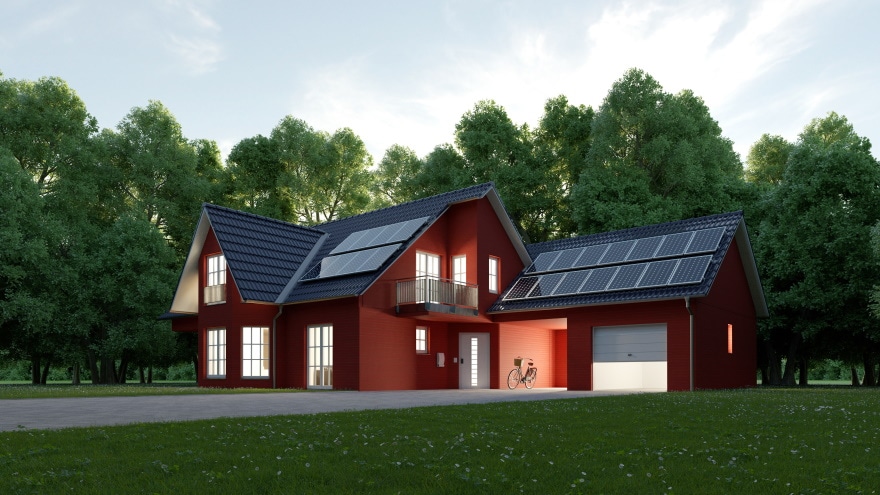
What This Means for Solar Lights and Direct Sunlight
So, solar lights use solar panels, batteries, and light sensors, but how does this pertain to the topic at hand?
Simply put, the fact that solar lights use battery systems means that you do not always need to expose the solar light to direct sunlight. Instead, the battery will hold and store usable energy from when the solar panels were exposed to direct sunlight.
Whenever it gets shady out, or it is nighttime entirely, this battery and light sensor will allow you to continue to use the converted sunlight energy in your solar light. Without this battery, your solar panels would likely need to be exposed to direct sunlight at all times to use the light whenever you want.
What If My Solar Lights Are in Direct Sunlight?
If your solar lights are in direct sunlight, great. This is when the solar panels and solar lights will be working at maximum efficiency. All the excess energy produced during this time will be stored in the battery so that you can use the light even when the sun is down.
So, you will want your solar light to be in direct contact when it can be. This will help your solar panels to produce the most amount of energy so that you have more electricity when night comes.
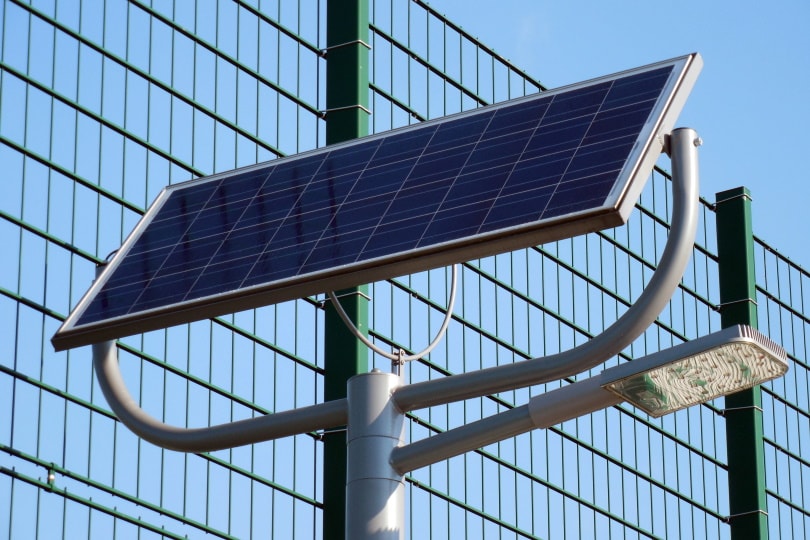
Will My Solar Lights Get Enough Juice on Shady Days?
It can be difficult to say if your solar lights will get enough energy on shady days. As we will discuss below, many factors will impact how much sunlight your solar lights need.
That being said, most shady days will produce enough energy to last you through the night, especially if you have energy left over from the last sunny day. You might want to be more careful about how much light you are using, though.
- Related Read: Do Solar Panels Work On Cloudy Days?
How Much Sunlight Does a Solar Light Need?
Many factors impact how much sunlight your solar light will need. Factors such as the type of light in question, panel, and battery will determine exactly how much light your lights need to last the entire night.
As an estimation, experts recommend having 8 hours of direct sunlight to get 12 to 15 hours of charge. This is more than enough time to last overnight. Of course, just 4 hours of direct sunlight will give you 6 to 8 hours of charge to last you through the night.
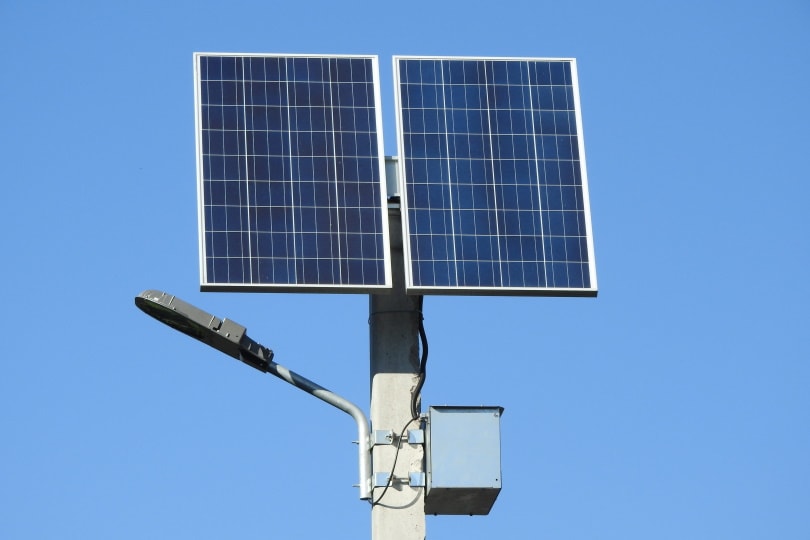
Tips for Getting More Sunlight
If you are having trouble generating enough energy to keep your solar lights on overnight, here are some tips for getting more sunlight:
- Clean Your Panels: Make sure to keep your panels clean. If they are covered in dirt and grime, the panels won’t be able to absorb as much sunlight. This is a simple tip for automatically getting more sunlight.
- Use Artificial Light When Needed: Solar lights can get the energy they need from LED lights and artificial sources of sunlight. You might want to have these alternative lights on hand for days that are very overcast and shadowy.
- Use Separate Solar Panels: If you opt for a separate solar panel, you can adjust the position of the solar panel so that it does not have to be right over the solar light. This can help you maximize sunlight even when the solar light is located in a shady area.
- Related Read: 9 Solar Energy Myths and Misconceptions
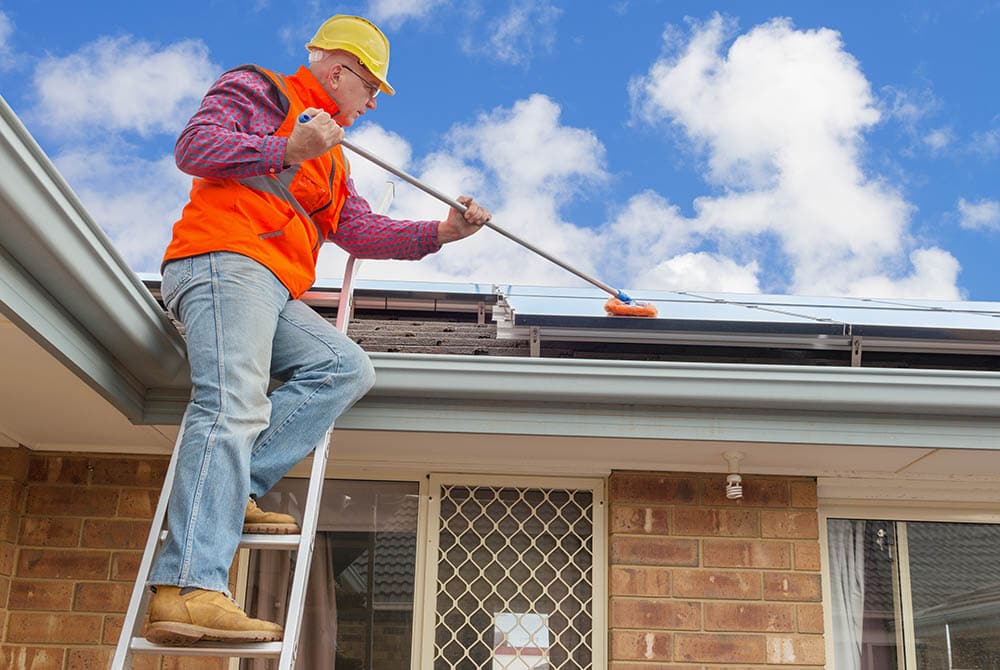
Conclusion
In short, solar lights do not need direct sunlight, but they will be most efficient when they are in direct sunlight. You want the solar lights to be in direct sunlight when they can be, but don’t fret if they are occasionally in the shade. Thanks to the battery and sensor, you should have stored energy.
If you are having trouble positioning your solar lights so that they produce enough energy, check your solar panels, use artificial lighting, and use separate solar panels when needed. This can help make up for lost light whenever the solar lights are not in direct sunlight for long periods of time.
Related Reads:
- How to Fix Solar Lights In 12 Easy Steps (with Pictures)
- Series VS Parallel Solar Panels: Installation Methods Compared
Featured Image Credit: Songyos Ruensai, Shutterstock
Contents



